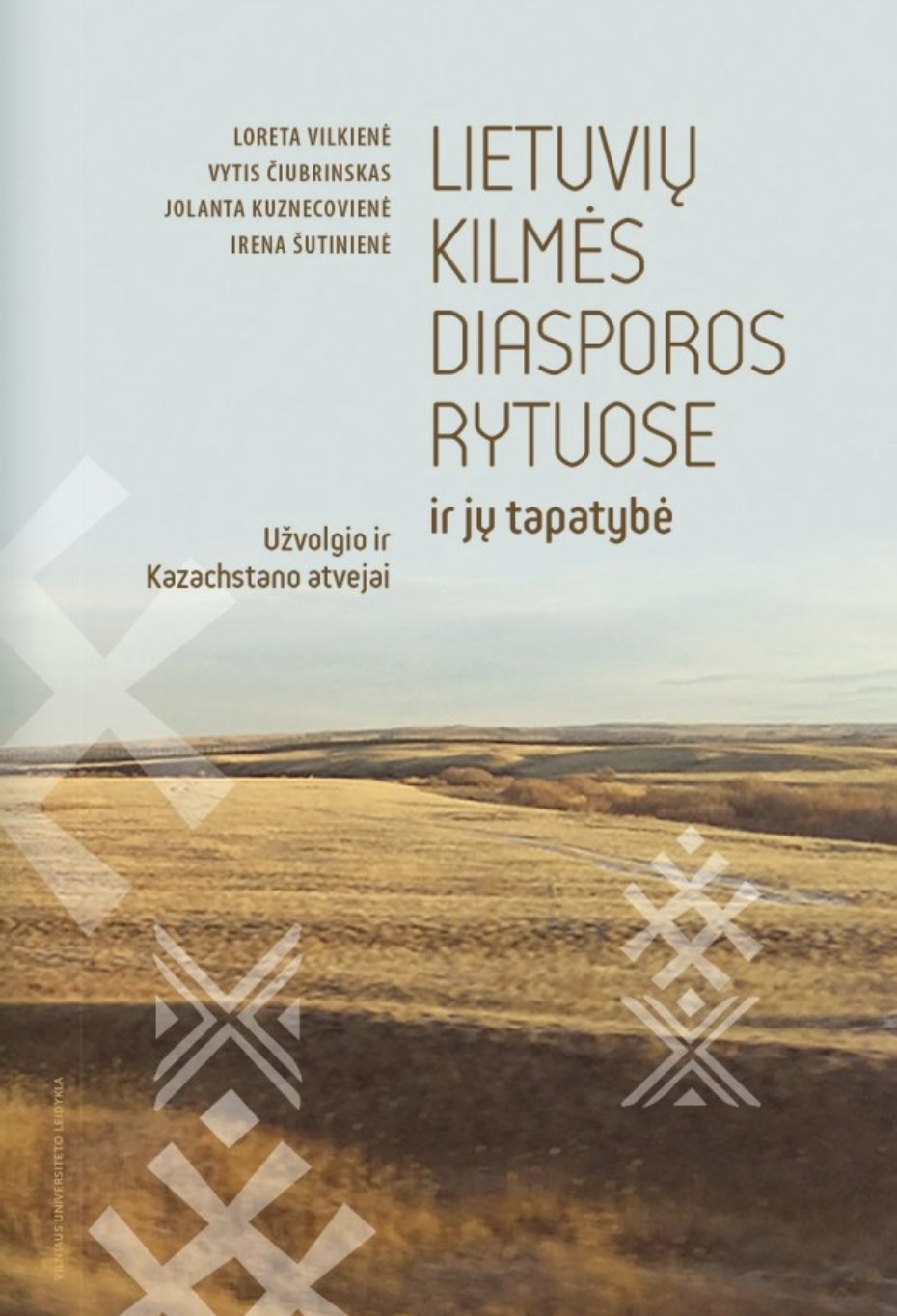The Lithuanian diaspora in the East and their identity. The cases of Uzbekistan and Kazakhstan

Annotation
This monograph examines two cases of the forced migration of Lithuanians: one in the second half of the nineteenth century, and the other in the mid-twentieth century. The first involved migration to the Russia's Volga region, while the second involved migration to Kazakhstan. Both cases share the common feature of the preservation and transmission of Lithuanian ethnocultural identity across generations. The two Lithuanian diaspora groups, which formed on different grounds and in different periods, are also linked by the fact that they were both prompted by vivid experiences of social and cultural trauma that have been passed down through generations and communicative memory. Through the prism of collective memory, linguistic self-awareness, and language practice, as well as the processes of local acculturation, socialisation, and community activities in a multicultural environment, the monograph analyses the resources and practices of preserving ethnicity among the Lithuanian diaspora in Kazakhstan and Russia's Volga region. The book discusses models of ethnic identity expression and how these change from the perspectives of social anthropology, sociology and sociolinguistics.